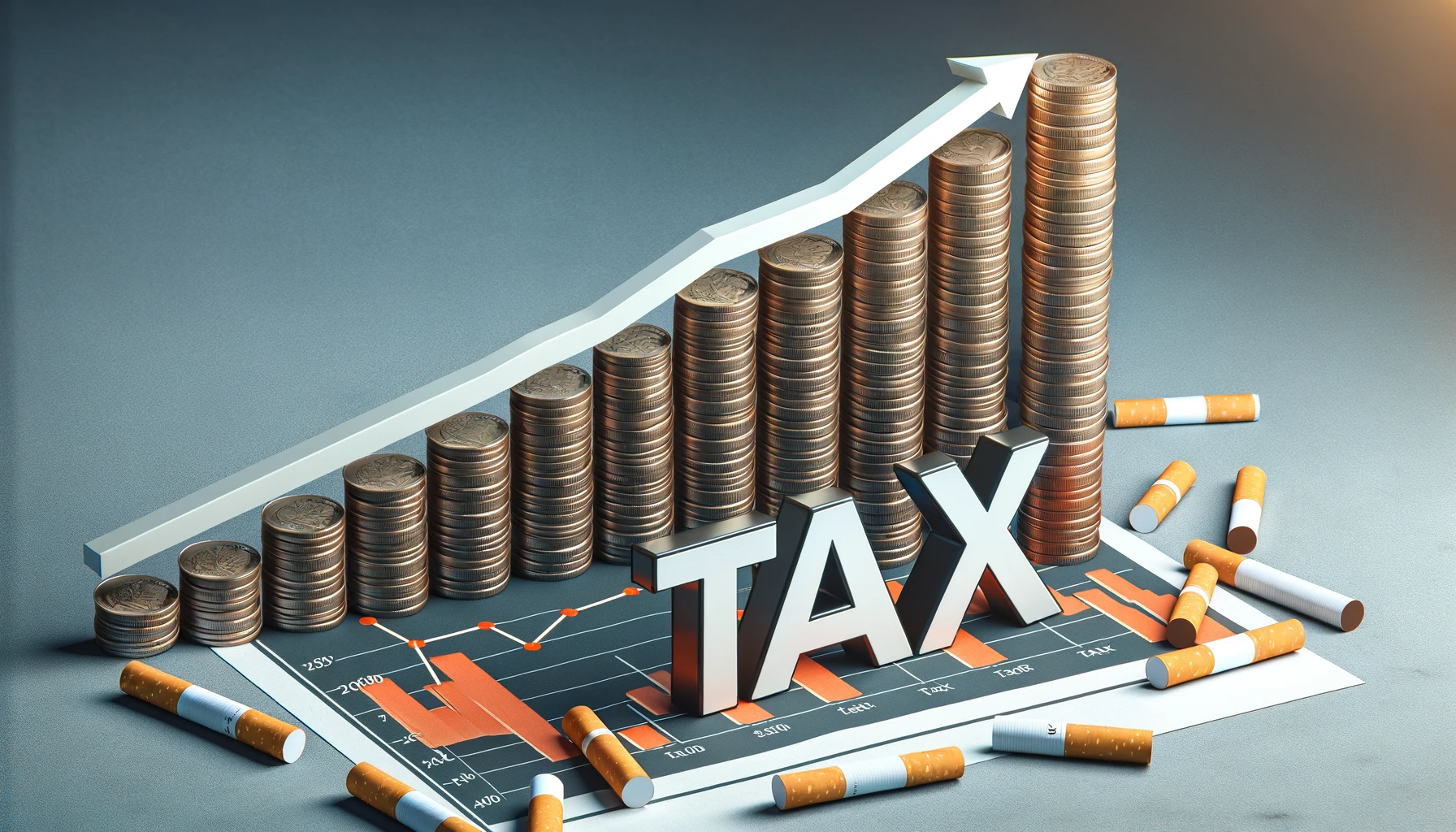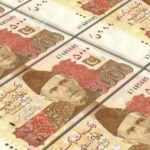About Us
Contact Us
Advertise With Us
Disclaimer
Privacy Policy
Terms & Conditions
Copyright © 2024 - BoldDiscussions.com

A Fresh Perspective on Tobacco Taxation, Experts are now rallying behind an innovative approach to enhance government income by advocating for a significant rise in the tax on cigarettes. This move, championed by child rights advocates at SPARC, targets a 26% hike in federal excise duty (FED) to bridge the gap between the health-related expenses caused by smoking and the revenues collected from cigarette taxes.
During a special gathering held by the Social Policy and Development Centre (SPDC), economic expert Muhammad Sabir unveiled a forward-thinking model for taxing tobacco. This event saw the convergence of healthcare advocates, who collectively supported the notion of increasing tobacco taxes by 2024. Their goal? To offset healthcare costs and encourage a healthier lifestyle among the populace.
Pakistan's current taxation framework on cigarettes operates on a two-tiered FED system, determined by the retail price of the cigarettes. Despite an increase in the FED percentage of retail prices in the previous fiscal year, the lack of rate adjustments for the current year could potentially hamper both public health initiatives and tax collection efforts.
Sabir recommends a 26.6% bump in cigarette taxes for the coming year, a move anticipated to cover nearly 20% of healthcare expenses associated with smoking. This proposal could not only decrease the number of smokers by over half a million but also boost tax revenues by 12.1%. The government is urged to standardize FED rates across all cigarette brands and schedule tax increments over the next few years to sustain this momentum.
Highlighting the critical situation, Dr. Ziauddin Islam, previously at the helm of the Tobacco Control Cell, pointed out that tobacco use in Pakistan leads to more than 160,000 deaths annually, draining about 1.4% of the nation's GDP. The tax revenue from cigarettes falls significantly short of covering these healthcare costs, indicating a dire need for a revamp in the taxation system.
Dr. Khalil Ahmad Dogar from SPARC suggests that increasing the cigarette tax presents a beneficial scenario for both public health and the government's coffers. He cautions against deceptive tactics by the tobacco industry and emphasizes the role of civil society in supporting government efforts to combat these challenges. The implementation of a tracking system is expected to minimize illegal trade and ensure tax compliance.
In conclusion, adjusting the FED on cigarettes as proposed offers a pragmatic solution to alleviate the economic burden of smoking on healthcare in Pakistan. This initiative not only aims to foster a healthier society but also to enhance the government's revenue stream, making it a crucial step towards sustainable public health and economic stability.
Disclaimer.
This article provides information only and should not be construed as advice. It is provided without warranty of any kind. Also please note that content on this platform may be subject to copyrighted material. If you believe we have used your content in any way then please get in touch with us. We will take down your content immediately.
Share This Post





BOLDDISCUSSIONS
We Produce Content That informs, Educates And Entertains People Around The World to stay updated on every topic with confidence.
Copyright © 2024 – BoldDiscussions.com

